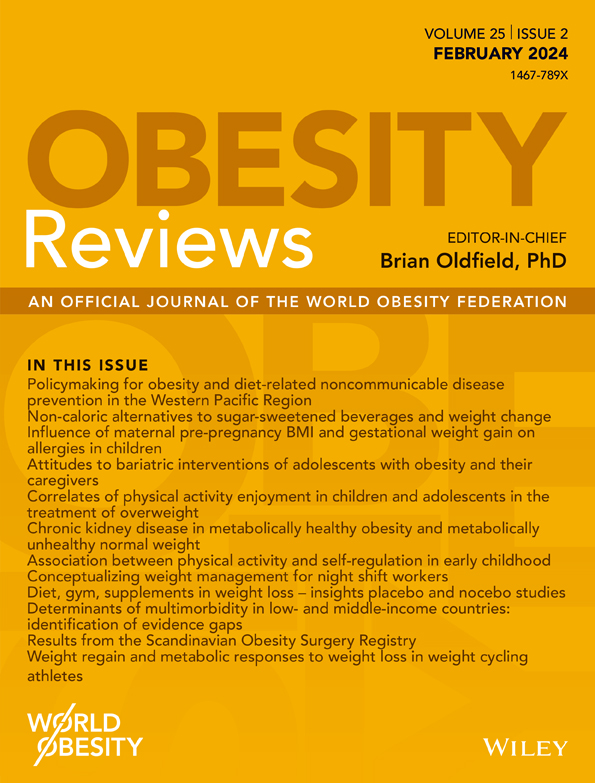双相情感障碍代谢风险的表观遗传机制。
IF 8
2区 医学
Q1 ENDOCRINOLOGY & METABOLISM
引用次数: 0
摘要
躁郁症(BD)是一种复杂而严重的精神疾病,给患者带来巨大痛苦。除了抑郁和躁狂症状带来的负担外,躁郁症患者患代谢综合征(MetS)的风险也在增加。代谢综合征包括与动脉粥样硬化性心血管疾病(CVD)和 2 型糖尿病(T2DM)风险增加相关的因素,可能会增加 BD 患者的死亡率。一些研究表明,BD 和 MetS 之间存在联系,这可能可以从表观遗传学的角度来解释。我们将重点放在表观遗传机制上,以回顾 BD 代谢风险的原因。本文章由计算机程序翻译,如有差异,请以英文原文为准。
The epigenetic mechanism of metabolic risk in bipolar disorder
Bipolar disorder (BD) is a complex and severe mental illness that causes significant suffering to patients. In addition to the burden of depressive and manic symptoms, patients with BD are at an increased risk for metabolic syndrome (MetS). MetS includes factors associated with an increased risk of atherosclerotic cardiovascular disease (CVD) and type 2 diabetes mellitus (T2DM), which may increase the mortality rate of patients with BD. Several studies have suggested a link between BD and MetS, which may be explained at an epigenetic level. We have focused on epigenetic mechanisms to review the causes of metabolic risk in BD.
求助全文
通过发布文献求助,成功后即可免费获取论文全文。
去求助
来源期刊

Obesity Reviews
医学-内分泌学与代谢
CiteScore
19.30
自引率
1.10%
发文量
130
审稿时长
1 months
期刊介绍:
Obesity Reviews is a monthly journal publishing reviews on all disciplines related to obesity and its comorbidities. This includes basic and behavioral sciences, clinical treatment and outcomes, epidemiology, prevention and public health. The journal should, therefore, appeal to all professionals with an interest in obesity and its comorbidities.
Review types may include systematic narrative reviews, quantitative meta-analyses and narrative reviews but all must offer new insights, critical or novel perspectives that will enhance the state of knowledge in the field.
The editorial policy is to publish high quality peer-reviewed manuscripts that provide needed new insight into all aspects of obesity and its related comorbidities while minimizing the period between submission and publication.
 求助内容:
求助内容: 应助结果提醒方式:
应助结果提醒方式:


